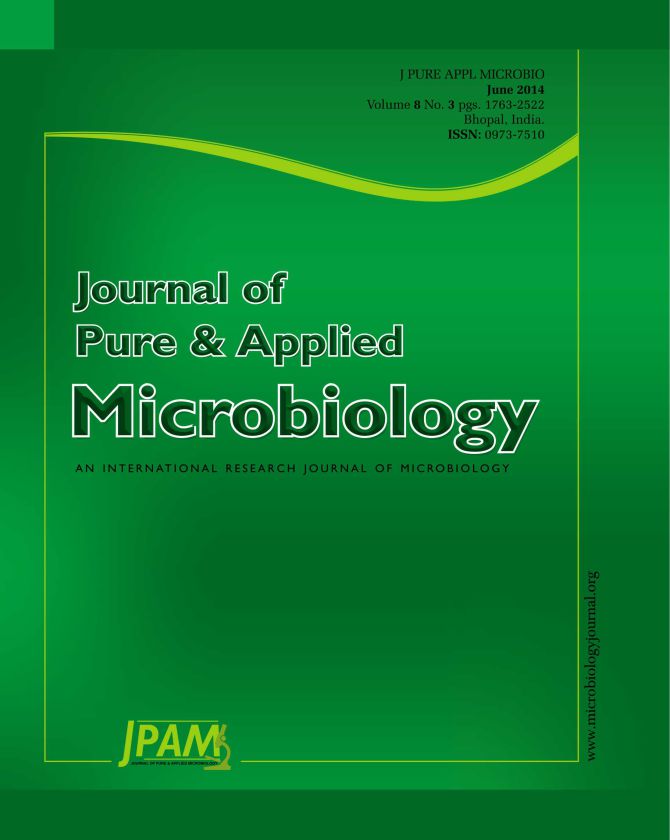Though several alternate strategies have been devised to degrade plastic, usage of microbes to degrade plastics is a challenging one. In this study, fungi has been isolated from PET (Polyethylene terephthalate) and PS foam (polystyrene foam) waste and its potential to degrade PET and PS foam both under laboratory and field burial (soil,cow dung and sewage) conditions have been evaluated through electron microscopic studies. The observation of the present investigation reveal that fungal species (Aspergillus sp., Penicillium sp. and Fusarium sp.) were able to successfully colonise PET and PS foam flakes surface and induce micromorphological changes like formation of holes, duckings, surface corrosion and crystals, which was evident in the SEM image. Thus fungal species (Aspergillus sp., Penicillium sp. and Fusarium sp.) could be used as biological agents to degrade PET and PS foam.
Fungi, PET, PS foam, SEM
© The Author(s) 2014. Open Access. This article is distributed under the terms of the Creative Commons Attribution 4.0 International License which permits unrestricted use, sharing, distribution, and reproduction in any medium, provided you give appropriate credit to the original author(s) and the source, provide a link to the Creative Commons license, and indicate if changes were made.


